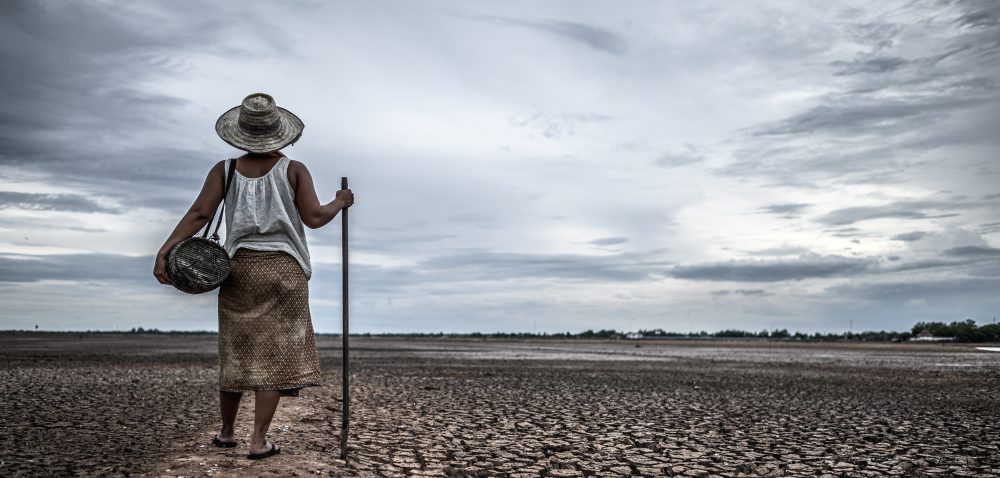
A new book on climate litigation and vulnerabilities, which builds on a WUN research project, will be published by Routledge in 2025. The book is now available via this link.
In October 2024, co-editors Melanie Murcott (Associate Professor of Law at the Institute of Marine and Environmental Law, University of Cape Town), Maria Antonia Tigre (Director of Global Climate Change Litigation at the Sabin Center), and Susan Ann Samuel (PhD candidate, University of Leeds), together with contributors to the book, presented insights from their work at an event held at University of Southampton run in collaboration with the Global Network for Human Rights and the Environment.
Their research explores how intersecting issues of vulnerability to climate harm, marginalisation, oppression, and discrimination, especially in the Global South, can be addressed by litigation.
The book demonstrates how systems of oppression have driven climate change and are exacerbating the vulnerability of groups including children, women, those with disabilities, and Indigenous Peoples. Legal scholars and researchers explore “the impact of these interlocking systems, bringing intersectional and climate impacts together and looking at how they can be addressed through court processes.” says Murcott, principal investigator on WUN’s project.
The research demonstrates the limits of litigation under existing systems: for example, coloniality embedded within legal frameworks in the Global South means litigation can undermine efforts to combat Indigenous Peoples’ climate concerns. The book includes ideas for new ways of litigating that are more responsive to interlocking systems of exclusion and marginalisation, and demonstrates that laws can evolve in response to emerging challenges.
The book also explores innovations in global climate litigation strategy that recognises and addresses vulnerabilities and reflect communities’ actual concerns, including “grassroots lawyering” to understand communities’ struggles, and making strategic choices about the best forum in which to litigate.
The WUN research project sought to create new communities of practice and link legal doctrine with discourses around political ecology, political economy, intersectional feminism, philosophy, geography, and science, in an interdisciplinary approach.
Most of the book’s contributors are researchers from the Global South. The contributors hope the book will attract resources to support global climate justice efforts; influence policymaking, legislation and climate litigation strategy (including the interpretation and use of the law); and support communities’ bottom-up litigation efforts.
What next?
- Sign up to the WUN newsletter to get the latest stories about our members’ research, three times per year.
- More about the WUN research project Climate Litigation and Vulnerabilities: Global South Perspectivesconducted by University of Cape Town, University of Southampton, University of Leeds and University of Pretoria.